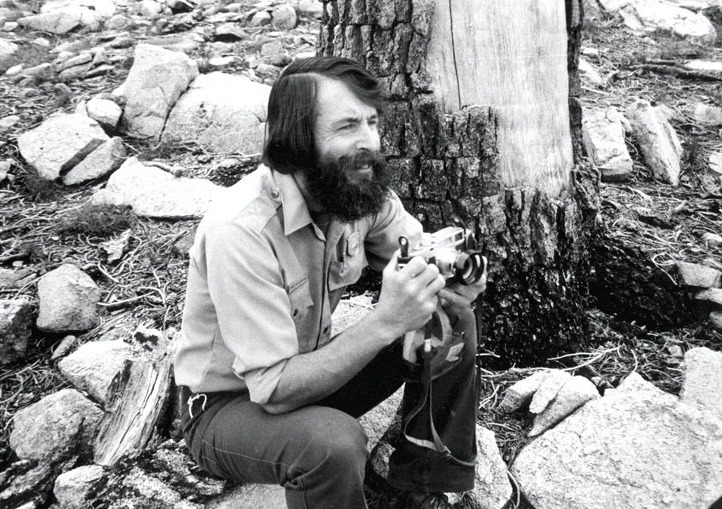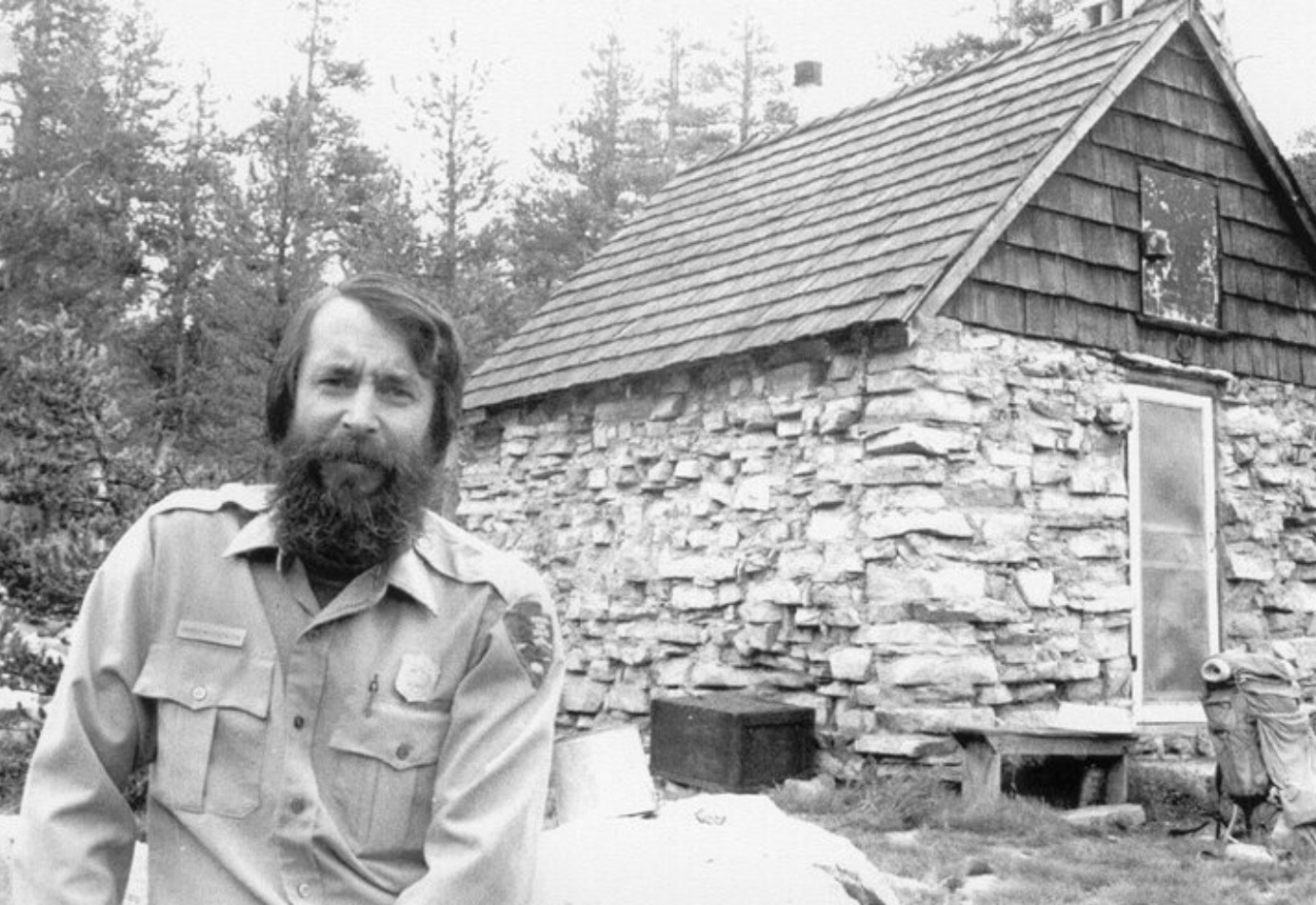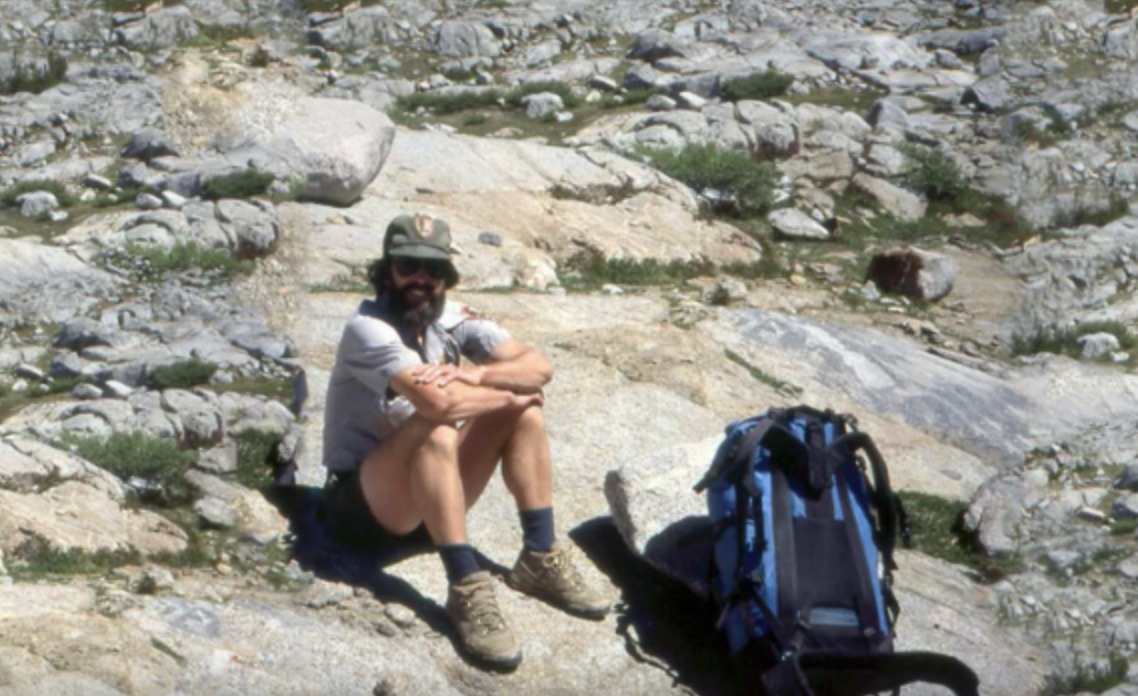Investigation Discovery’s ‘Disappeared: Radio Silence’ brings the viewers to the mysterious disappearance of an experienced Backcountry Ranger, Randy Morgenson, in July 1996 in the wilderness of the Sequoia & Kings Canyon National Parks southern Sierra Nevada, California. Combining love, betrayal, and death, Randy’s story makes for an intriguing watch.
Who Was Randy Morgenson?
James Randall “Randy” Morgenson was born in 1945 to Dana and Esther Morgenson in Yosemite Valley, California. He graduated from Yosemite National Park Valley School (YVS) and was employed as a Seasonal Backcountry Ranger at Sequoia & Kings Canyon National Park. Being a Seasonal Ranger for the National Park Service (NPS) meant Randy had to reapply for his job every season and was not entitled to any medical benefits or retirement plans.

In July 1996, 51-year-old Randy was halfway through his 28th season as a Backcountry Ranger. He was considered one of the most senior rangers in the High Sierra who knew California’s Kings Canyon National Park better than most anybody. A fellow backcountry ranger of Sequoia & Kings Canyon National Park, George Durkee, recounted how Randy would get up slowly and have coffee in the morning, enjoying the terrific view outside his tent. George added, “He would just sit there and contemplate the morning before getting ready for work.”
According to the episode, Randy’s station was called Bench Lake, situated above 10,000 feet. It acted as the summertime home base for his 80-square-mile patrol area. Randy’s job comprised reporting on conditions in the wilderness and being on call as a Medic Law Enforcement Officer. He would aid hikers and climbers moving through the remote section of the park and search and rescue estranged or lost backpackers.
George recounted, “This job is mostly talking to people, you know, and making sure everybody’s okay. And Randy was excellent. He had a pleasant, low-key approach to people.” George was a close friend of Randy and reminisced how the latter hated visitors destroying the pristine wilderness of the national park by dropping garbage, dubbing them “Swinus Americanus.” The episode showed how the Backcountry Ranger used to haul gunny sacks full of discarded waste while returning from regular work trips through the national park.
On July 21, 1996, Randy left a note on his tent, stating he would be away for two to three days. He left his station and even left his revolver, a Smith & Wesson .357 Magnum, behind. According to the show, he had written June on his note even though it was the month of July. Randy had packed a tent, sleeping bags, and the park-issue radio and disappeared in the mountains, never to be seen alive again. This sparked one of the most intense and emotionally draining search-and-rescue operations in National Park Service history.
Randy Morgenson’s Mysterious Disappearance and Tragic End
When Randy did not check in on the radio for several days, his colleagues were concerned. Rick Sanger, a second-year Backcountry Ranger back then, hiked to the Bench Lake station and discovered the note. The date on the memo confirmed Randy was overdue from a cross-country patrol, and he reported him missing on July 25, 1996. Retired District Ranger of Kings Canyon National Park, Randy Coffman, the then-Incident Commander, ordered the backcountry rangers to go through Randy’s logbook to learn where he might have gone.

Due to the late July rain, it became impossible to determine the exact direction Randy had gone. Around 100 rescue personnel searched 80 square miles of wilderness over the next few days. Initially, Randy’s colleagues hoped that his radio had malfunctioned as it had once before, and he had to hike to another station to pick up a replacement. However, as days passed, that probability seemed to get slimmer. Hence, National Park Services employed a special agent, Alfred De La Cruz, to investigate Randy’s disappearance.
The agent discovered Randy had been threatened twice, yet the individuals involved had strong alibis, and they were ruled out as suspects. Besides, a few of his colleagues speculated he might have left the park. But the discovery of his car parked in its usual spot and no activity in his bank accounts and credit cards also dismissed that probability. A few days into the search, George contacted Coffman and informed him Randy was depressed before the start of the 1996 season.
According to the show, Randy’s former wife, Judi Morgenson, had refused to join him in the backcountry and served him divorce papers after his affair with a fellow ranger, Lo Lyness, came to her notice. He told George that he was suicidal at times and used to lament, “You know, after all these years of being a ranger, I wonder if it’s been worth it.” On July 20, 1996, Randy had radioed George and his wife and ended his short conversation with – “I won’t be bothering you two anymore.”
Over the next few weeks, the authorities used a computer program named CASIE (Computer-Aided Search Information Exchange) and a FLIR helicopter equipped with an infrared camera to help them in the search. The backcountry rangers used sniffing dogs and came across random pieces of gear in various locations. But none of these could be positively linked to Randy. As weeks passed and the extensive search showed no results, the authorities eventually called it off. According to the show, Judi received a letter from Randy in their home in Sedona, Arizona, and found it postmarked on July 19.
Sadly, Randy’s remains were found near a creek in a gorge in the Window Peak drainage in July 2001, five years after his disappearance. The area was searched, and the backcountry rangers discovered his tattered shirt, backpack, and a leg bone protruding from his boot. Retired Sierra subdistrict ranger, Alden Nash, stated Randy might have fallen through a snow bridge and broken his leg, with his body hidden beneath the ice throughout the search. The authorities did not believe any foul play was involved.
Interestingly, Eric Blehm, who wrote a book on Randy’s disappearance, believes Randy may have wanted to appear to have died on the job to ensure Judi got her $100,000 benefit from the government – a policy not honored in the case of suicide. Nevertheless, he added, “After so many years, with the bones gnawed, there’s no way to say exactly what happened.”


You must be logged in to post a comment.